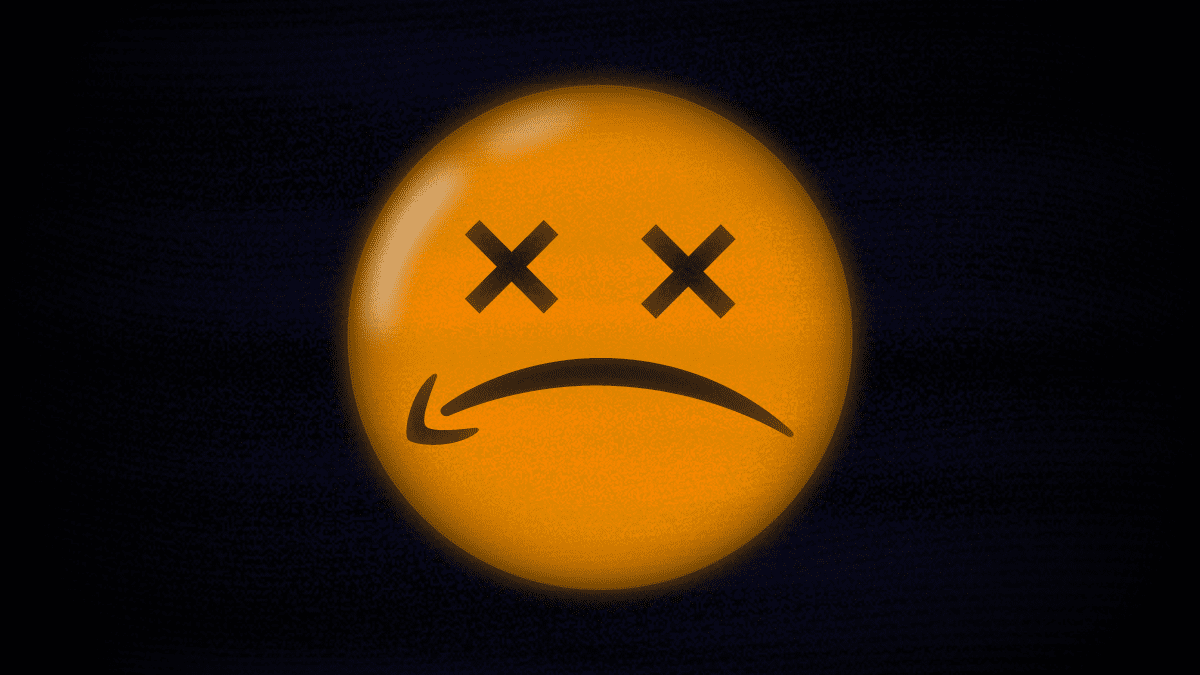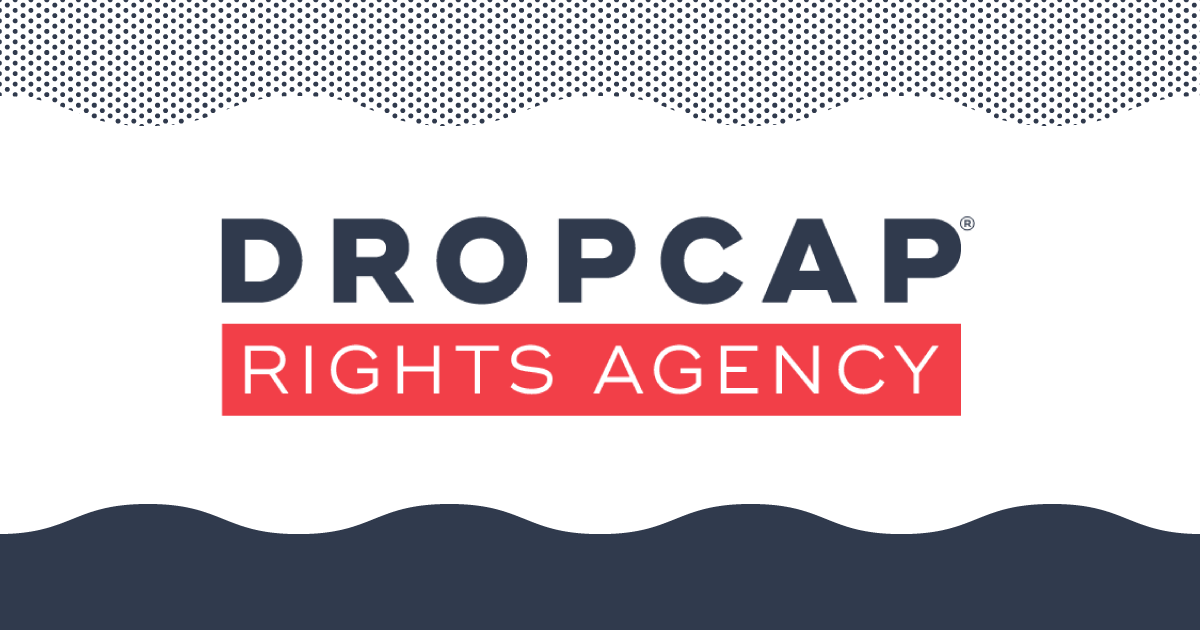Is Selling Your Book on Amazon Enough?
Short answer? No. Nope. Just selling your book on Amazon is not enough if your goal is to be a truly independent author and diversify book sales. That’s the problem with Amazon; when you focus your publishing efforts on just one marketplace, you’re drastically limiting your opportunities. Yes, it’s easy to sell books on Amazon. But is it enough?
I know, saying anything negative about Amazon in the self-publishing world is sure to draw the ire of many authors. And for good reason; Amazon’s captive audience and easy-to-use platform are appealing to new authors. In many writing and publishing circles, self-publishing and Amazon have become synonymous.
That way of thinking is not only silly, it recreates the very problem self-publishing aims to solve: the monopolization of creativity. Now, instead of a gatekeeper deciding what can and can’t be published, we have a gatekeeper deciding how books can be sold.
Why Should You Sell Books on Amazon
If you’ve written a book and you just want to get it published and out there, publishing with Kindle Direct Publishing (KDP) as a paperback and ebook is pretty simple. And, unlike lots of other easy-to-use self-publishing platforms (like Lulu), Amazon has the added benefit of its enormous marketplace.
But simply publishing your book to Amazon is not the same as successfully or profitably publishing your book. And while it is easy to find stories of authors who sell hundreds of books a month on Amazon alone, you have to appreciate that these are edge cases; just like traditional publishers can boast that they move thousands of books for their top-tier authors.
Yes, publishing to Amazon is easy. And yes, some authors are very successful publishing to Amazon alone. But if your goal is to sell your books and earn revenue from your craft, relying on KDP alone is about as likely to lead to success as buying a lottery ticket.
What Makes Amazon So Successful?
Speaking broadly, you can break Amazon’s wild success down to five factors:
- Simple, direct customer journey
- Ultra-convenient
- On-site advertising
- Product reviews
- Up-to-date with trends
All of these reasons make it clear you should be selling your book on Amazon. You want your readers to easily find your book, you want to make the buying experience simple, and you really want those reviews that pile up on an Amazon page.
But remember, Amazon’s success is as a sales channel. That’s not the same as your website and it’s not the kind of hub you need to properly develop your author brand.
Amazon Is Only One Book Sales Channel
I’ve heard or read from dozens of authors about how important Amazon is. How could any independent author not take advantage of the huge number of readers shopping on Amazon?
I’m not advocating for avoiding Amazon. I find that tends to be the knee-jerk reaction from authors when you say anything against Amazon. Would it be great if we could avoid selling on their marketplace? Yes, it would be terrific, not just for small publishers, booksellers, and print-on-demand services, but also for the publishing world as a whole.
Monopolies tend to be a bad thing.
But we all must acknowledge that Amazon is here and doesn’t look to be going anywhere. So, if you can’t beat ‘em, you have to join ‘em. Right?
You should 100% sell your book on Amazon. But don’t fall into the trap of assuming that Amazon is all you need. Because it’s not. Selling your book on Amazon is simply not enough to maximize your earnings, develop a brand that will sustain your author business, and maintain your independence as a creator.
What Are Your Book Selling Goals?
If you read the above and don’t have a solid answer ready to go, you aren’t ready to publish. Successful publishing is a multi-part effort. Writing the book is a major milestone, but you need a plan before you can dive into the publishing and marketing work.
Fortunately, defining a goal for your book doesn’t have to be that hard. You could keep it basic and achievable; something like 500 books sold and 200 new email subscribers in the first three months is a great place to start. That’s the formula I strongly recommend:
With that simple formula, you can estimate how much you’ll earn from book sales and have a sense of your fan base’s growth (which is key to selling your next book).
Why Selling On Amazon Isn’t Enough
Let’s stick with my hypothetical goals (500 books sold and 200 new subscribers in 90 days). Selling those 500 books on Amazon is certainly a possibility. But what about securing new subscribers? If you funnel all your publishing and marketing efforts into Amazon, you might get some ‘follows’ on their platform. But those are Amazon’s customers, not yours.
Consider this list of 70 (!) tips from Dave Chesson for selling on Amazon. Not only do the vast majority of these tips have nothing to do with Amazon, but the very first one is to ‘build an email list.’ Which, if you’re familiar with Amazon, is impossible when all your buyer’s info is stored by Amazon.
It comes down to your goals—both short-term and long-term. If you just want to sell some books, Amazon might be perfect for you. But if you’re trying to build your own author brand and want to make selling books your profession, you need something more. You cannot treat Amazon as a catchall self-publishing platform. They’re not interested in your success; they’re interested in selling products and earning their own subscribers.
So, while Amazon is an important sales channel, it’s not the only (or even the most important) way to sell your book.
Reasons Selling on Amazon Isn’t Enough
Here are just a few of the most important reasons you need to expand your sales channels beyond Amazon:
- You can earn more revenue per sale from your own retail channels
- Selling on Amazon denies you access to customer information
- It’s easy for your book to get lost in the 10s of millions of books on Amazon
- Not all readers are Amazon shoppers
- Amazon may not include the format or features your book requires
Your Author Platform
If you’re an author and you want to sell your book, you need a website. Period. It’s the hub for every single other aspect of your book sales plans. Foregoing an author website means you’ll forfeit the best way to ensure long-term success.
Your author website allows you to:
Capture Email
Your website is where you can ask fans to share their email address. Growing your email list is the surest way to earn more sales and continue to reach a dedicated, interested audience.

Connect With Your Fans
When your readers use your website to buy your products, you remove the retailer from the equation. That creates a direct connection between you and your fans; something you can’t do when you sell through Amazon. This is a powerful way to build trust with your readers and encourage them to buy your next book too.

Optimize For SEO & SEM
Search Engine Optimization (SEO) and Search Engine Marketing (SEM) are two tactics to draw in new readers. SEO gains free search engine recognition with content valuable to your audience and SEM teases your content and products in paid ads. Both are potent tactics and neither works if you don’t have a website to direct people to.
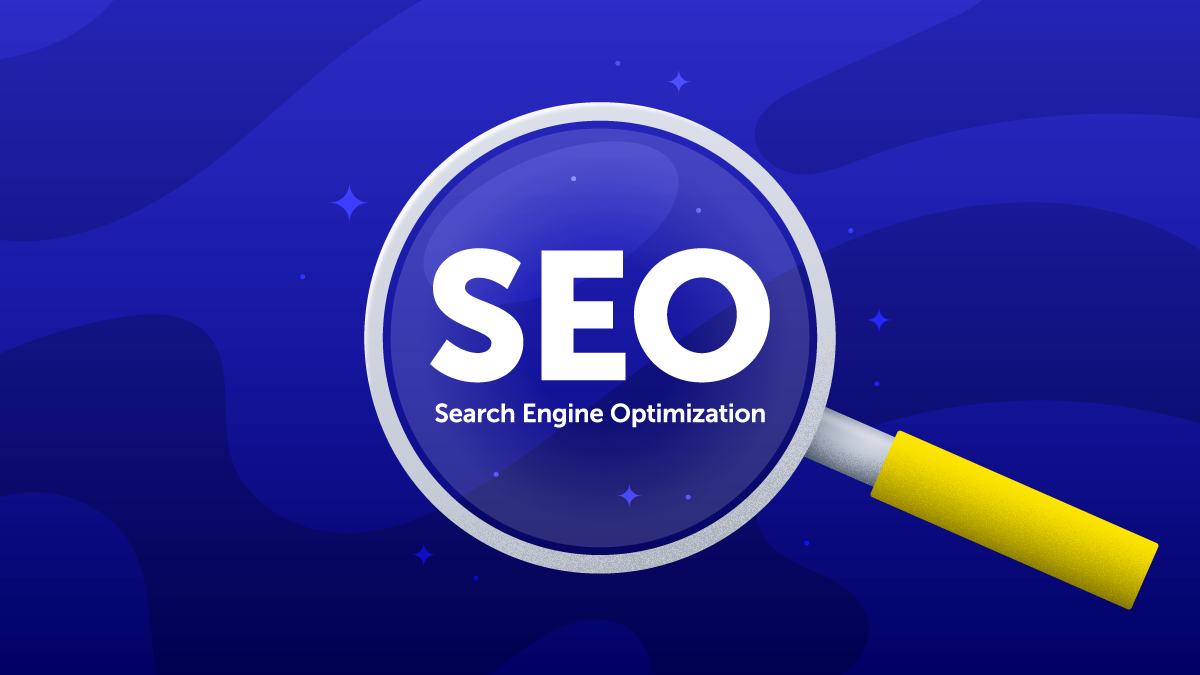
Build Your Brand
The most successful authors are known for more than just their books. All entrepreneurs have to develop a brand to be successful. Just like SEO and SEM, you’ll need your author website as a hub for all your brand content; like webinars you host, blogs you write, lessons you teach, or anything that helps develop that brand.
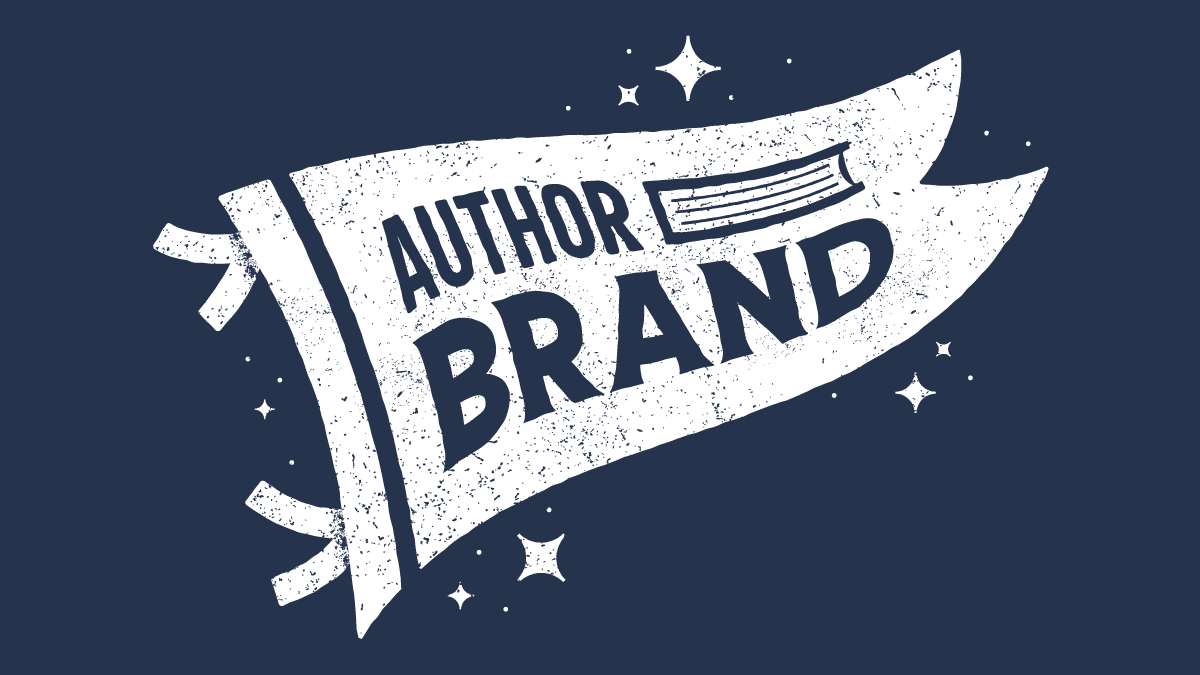
Sell Your Book
And of course you need to sell that book. Lots of authors will just link to Amazon from their website. But it’s also smart to offer your own sales channel. Selling directly to your readers is another route to capturing their email and will net you more money.
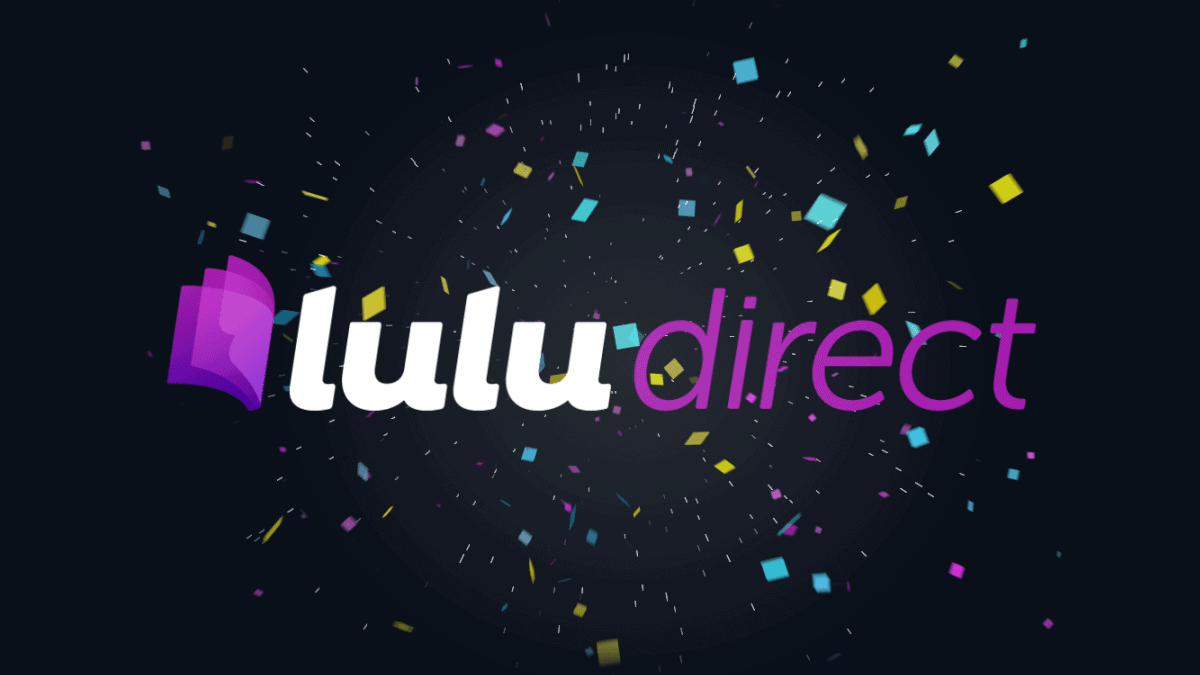
Build Your Author Platform
Selling Books Online
Technology has opened the doors for publishing. But after twenty-plus years of print-on-demand, the way we use this technology is changing. Thanks to integrated web applications, we no longer have to rely on businesses to manage and sell products.
While behemoths like Amazon are centralizing how we shop, you can retain your independence by selling your own books directly to readers. Today, you’ve got options like Shopify that make it easy and affordable to take payment on your site. And with tools like Lulu Direct, you can integrate print-on-demand into your website with ease.
At one point in time, just using Amazon to sell your book may have been enough. But that time has passed. Now, to successfully build your fanbase and sell your books, you need to offer readers options—both in how they shop for your books and how they interact with you.

